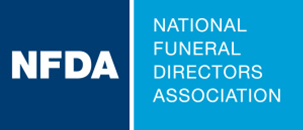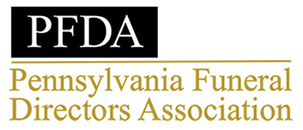The COVID-19 pandemic has upended traditional sympathy practices and forced the entire world to confront death and funeral ceremonies in new ways.
Over the past year, the Coronavirus has transformed many facets of our lives: everything from our economy and our way of lives to how we grieve and honor the loss of our loved ones.
Funeral homes across the nation have struggled to adapt to the “new normal” while trying to service their customers in the best manner possible. And it’s especially hard for the families who want to hold traditional funeral ceremonies and are bound by social distancing restrictions put in place by certain states.
The Evident Impact of the Pandemic on the Funeral Sector
Much of how the coronavirus’s long-term effects on the body are still unknown even after a year of research on the virus’s effects. However, based on the data on COVID-19’s mortality rate, we’ve found that nearly 1/100 of those infected with the virus will result in death. This is especially true for those who are old or immune-compromised.
Economically speaking, many sectors across the globe have been hit hard by the pandemic, but naturally, the funeral sector has noticed a boost in demand. However, there have been numerous safety precautions being put in place when we talk about deaths connected to complications with the respiratory system or airborne diseases. Many families are now opting for cremations rather than having traditional funerals for their loved ones.
With that being said, how does the funeral sector cope up with such problems and concerns? What does the future of this industry look like? More details on that below:
The Use of Technology
Since the onset of COVID-19, technology has become an integral way to partake in funeral ceremonies. Many funeral homes have started offering live streaming options. The use of this technology has provided a convenient way for loved ones who are unable to be physically present for service.
Burial Procedures
Not all death types are connected to coronavirus. Some deaths are natural, so traditional funerals are still being held, but social distancing and safety precautions are still mandatory. Because of this, we’ve seen an increase in cremations vs. traditional funerals.
The victims’ bodies will be kept in a safe and cool place before the cremation process begins. Most crematoriums, hospitals, and funeral homes in Pittsburgh, PA have resources stretched thin from an influx of cases.
Personal Protective Equipment (PPE)
The public’s general fear, rising cases, and total deaths from the coronavirus during the first year of the outbreak have set the precedent for how traditional funerals are conducted. Funeral home staff members must wear personal protective gear to keep them clean and sanitized when dealing with the deceased. Family members and friends are also required to wear masks at funeral ceremonies.



